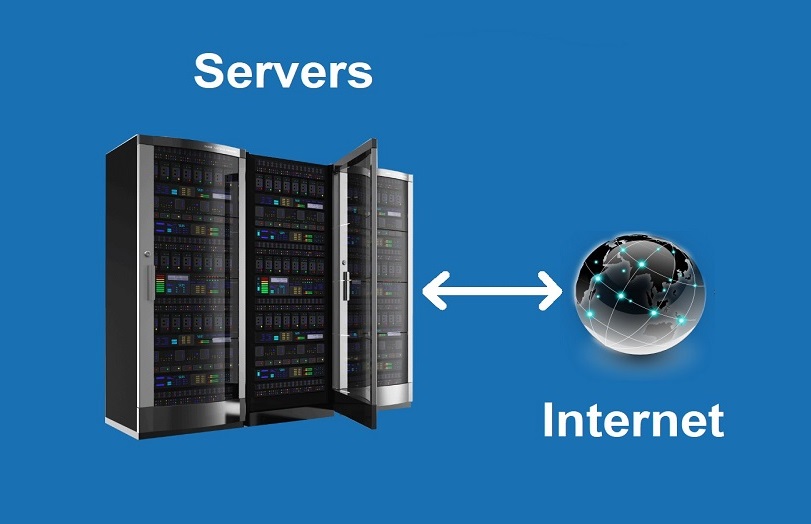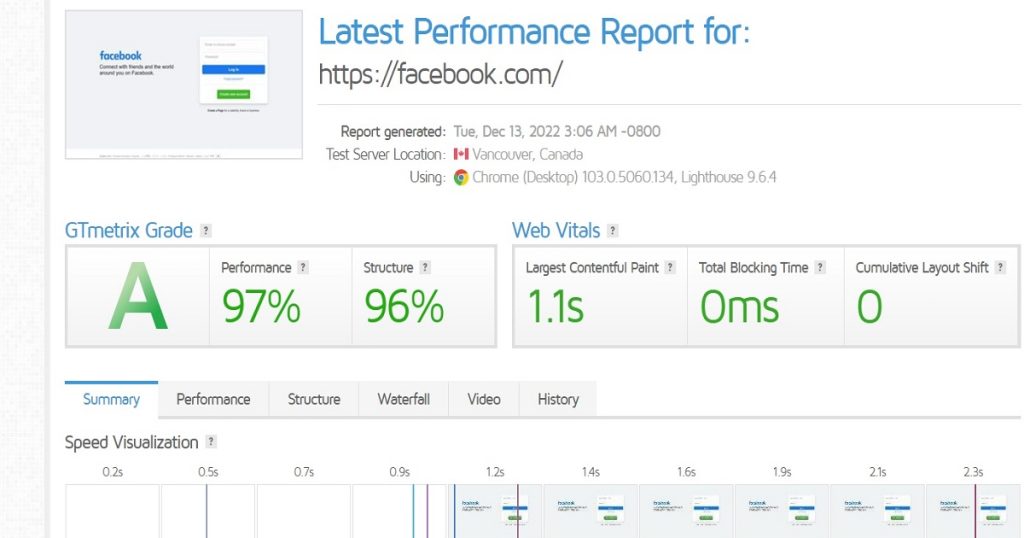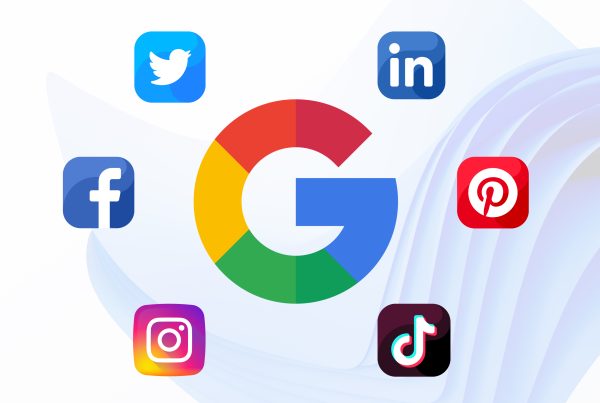Table of Contents
No doubt you may have come across the letter PHP on the Internet or heard someone talk about it, and you might be wondering what PHP is. In this post, I will give you an overview of what PHP as a programming language is about.
What is PHP?
PHP is a server-based, open-source, high-level programming language. It can be applied to the development of websites, Web Apps, Customer Relationship Management systems, and Content Management Systems (CMS).
It is a generally accepted language that can be included in HTML. Since its compatibility with HTML, PHP has continued to be a favorite among developers because it simplifies HTML coding.
What does PHP stand for?
Originally, it stood for “Personal Home Page.” But since it is not restricted to the creation of web home pages, the abbreviation has been altered. It now stands for “PHP: Hypertext Pre-processor.” As of 2022, there have been 8 iterations of PHP since its initial release, with version 8.1 currently being the most widely used.
What is PHP used for?
PHP is used in three main areas these includes:
- Server-Side Scripting
- Command-Line Scripting
- Writing Desktop Application
Server-Side Scripting (Writing Desktop Application)
PHP’s key advantage is server-side scripting. PHP is a fantastic language to learn if you are just starting to code and want to investigate server-side scripting. A PHP parser, web server, and web browser are required in order to get started with PHP server-side scripting.

Command-Line Scripting
For users coming from the Linux OS. Linux Cron or Task Scheduler Scripts (Windows), command-line scripting is recommended. PHP is excellent for that task, and it is also suitable for basic text processing.
Writing Desktop Application
Although PHP may not be the ideal language to utilize when developing desktop programs, it gives skilled web developers many more possibilities than its rivals.
Other use of PHP includes, but is not limited to sending and receiving cookies, encrypting user data, and collecting form data.
The fact that PHP is compatible with most of the major operating systems allows you to code regardless of the technology you are using, which is one of the key qualities that makes it so usable.
Advantages of PHP
Due to the many advantages PHP provides consumers and developers, it has maintained its popularity for decades. These are the most important:
- It is a cross-platform
- Its open source
- Many developers understand it
- It works brilliantly with HTML
- As a language PHP relatively easy to learn
- There are plenty of tools available to assist its use
- PHP offers a great websites load time
It is cross-platform:
You don’t need to be concerned about compatibility because PHP can be used with any significant operating system. This also means that you can work on a project team and not have to worry about members being able to access code
Its open source:
Because PHP is open source, you can construct your project without worrying about additional fees because it is a free programming language.
Many developers understand it:
The longevity of PHP means there’s already a large community out there to support you, and a lot of legacy code to help you get started with projects.
It works brilliantly with HTML:
Your tasks can be made simpler with PHP, which integrates well with this popular programming language.
As a language, PHP relatively easy to learn
There are plenty of tools available:
For PHP, there are tools available to assist with practically anything, including integration, code hints, syntax highlighting, and more.
PHP offers a great websites load time:
PHP’s short load time can actually assist in improving your website performance as it becomes more and more correlated with speed.

Conclusion: In Summary, learning PHP is still a useful investment for developers since PHP can be developed using already-made components or Frameworks such as Laravel, CakePHP, CodeIgniter, and Symfony. Till date Companies like Facebook, Wikipedia, WordPress and Slack still use PHP.
This article was originally published in 13 December 2022. It was most recently updated in February 15, 2023 by Wise























